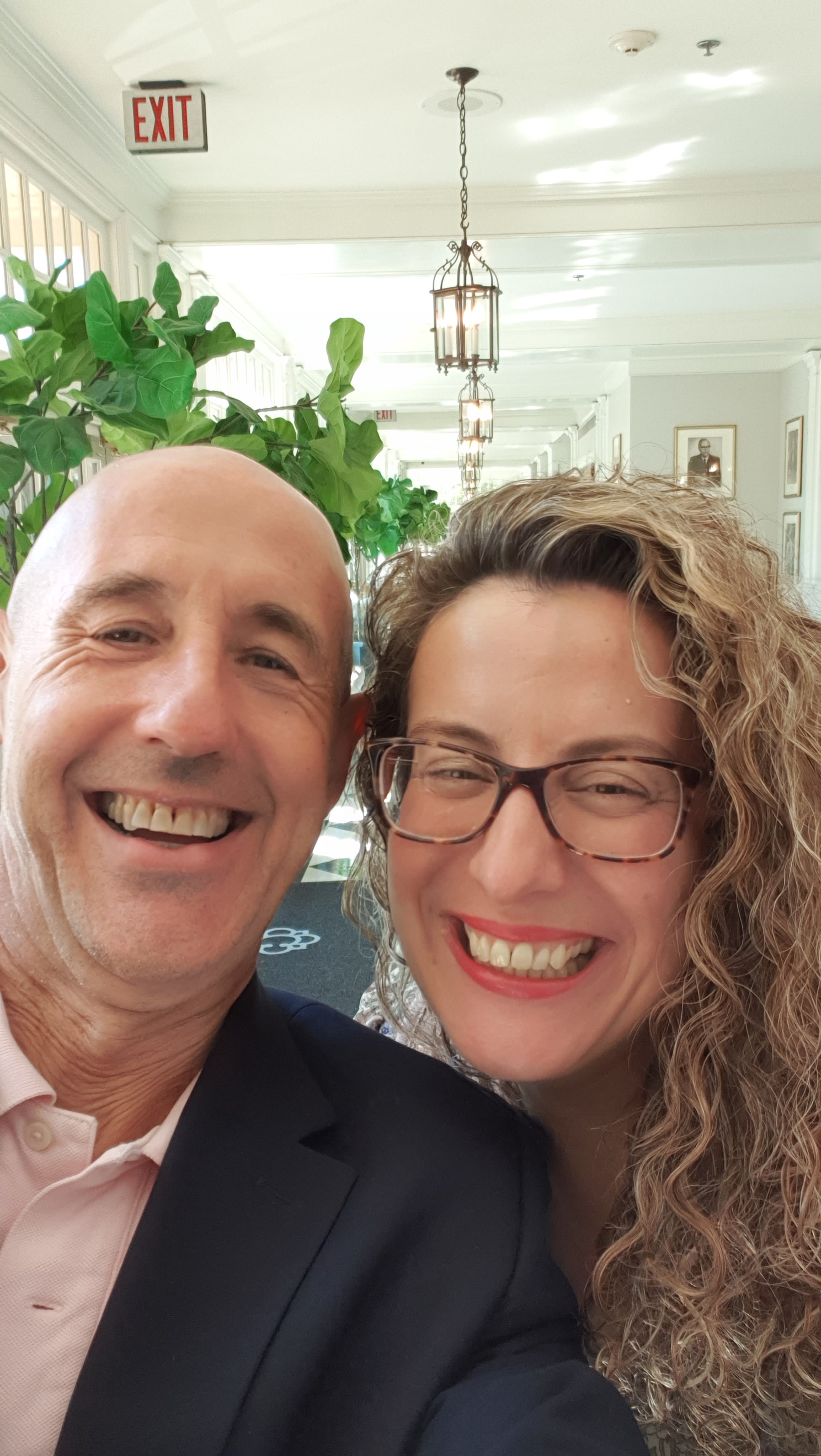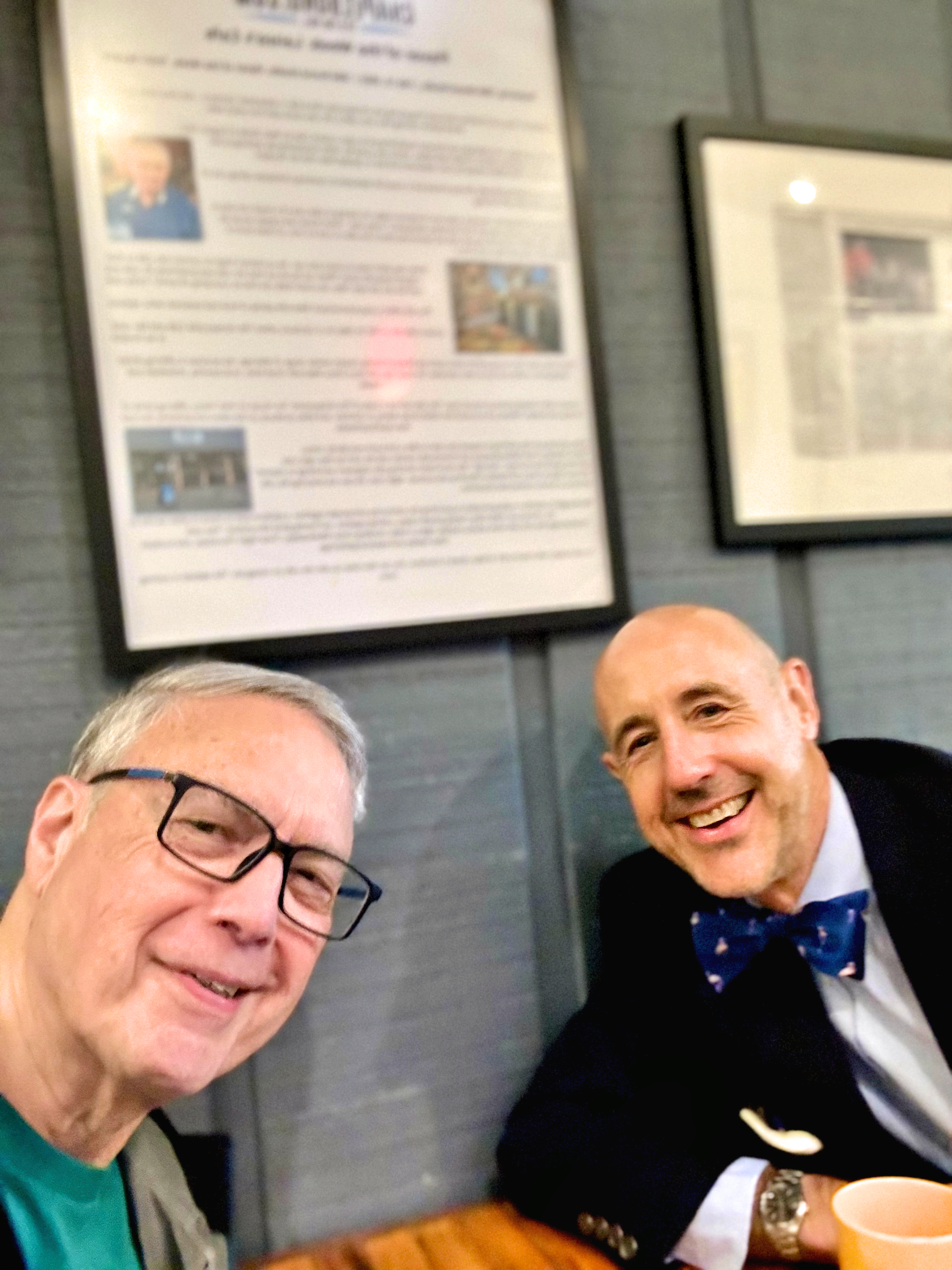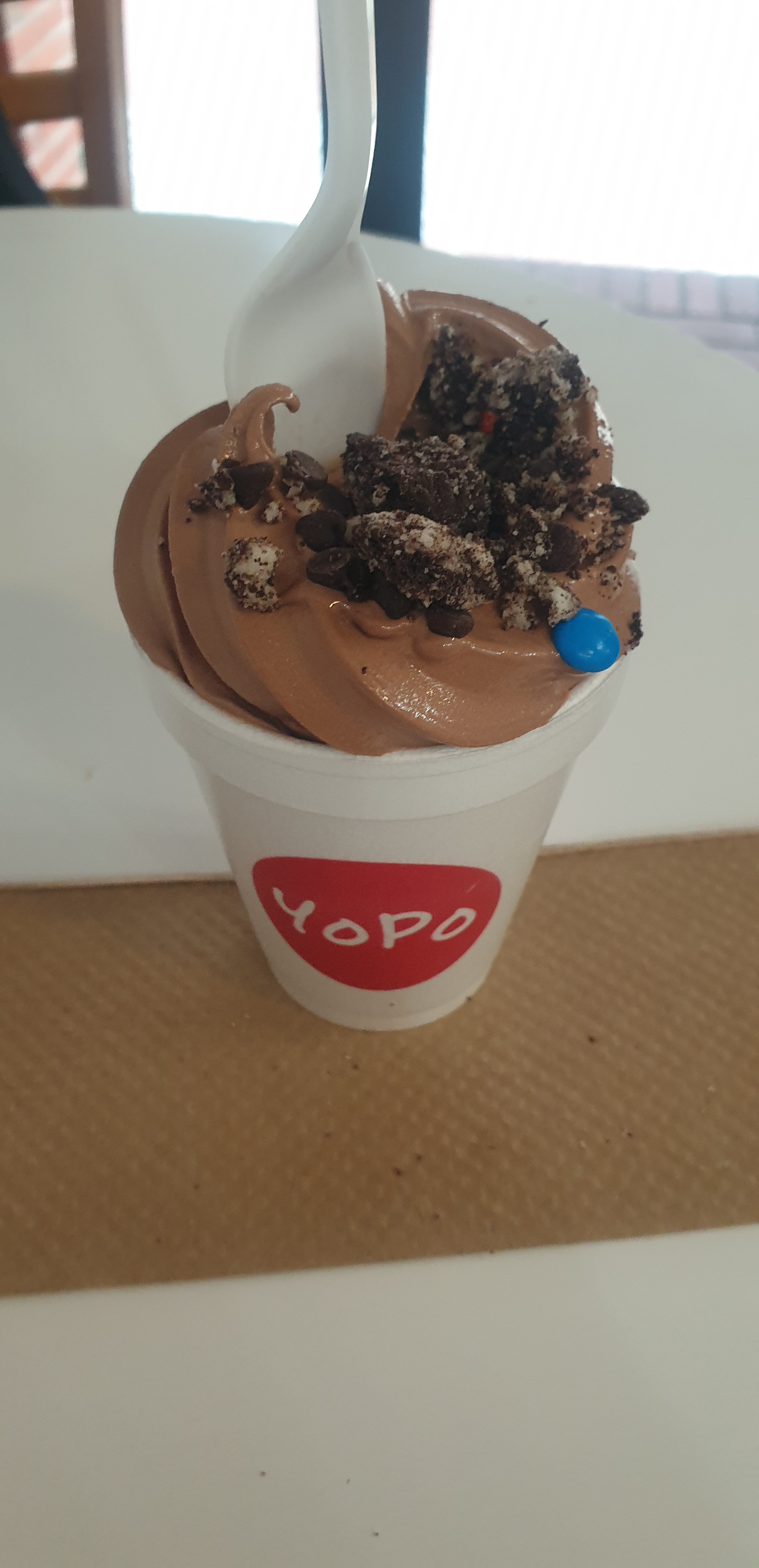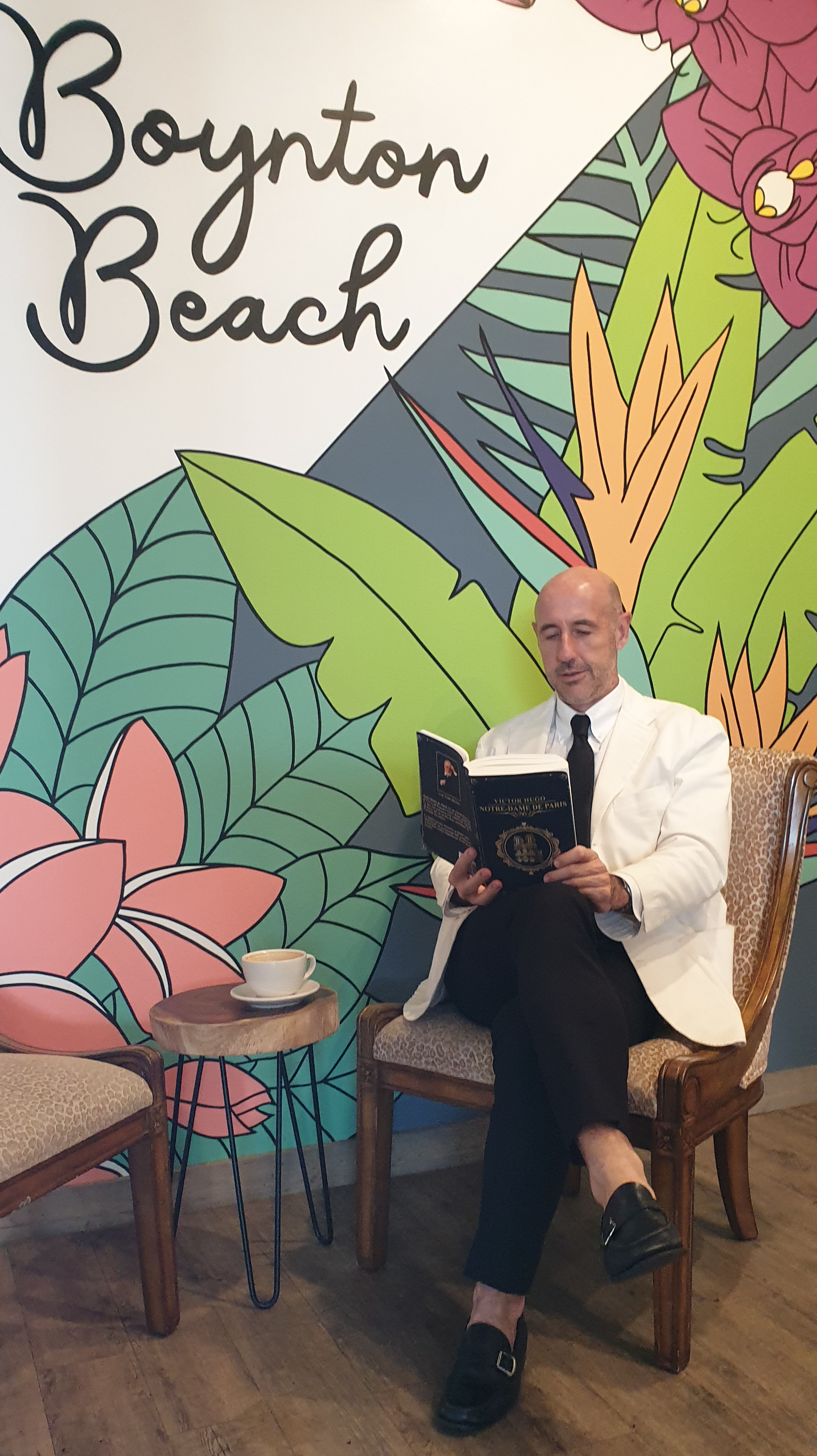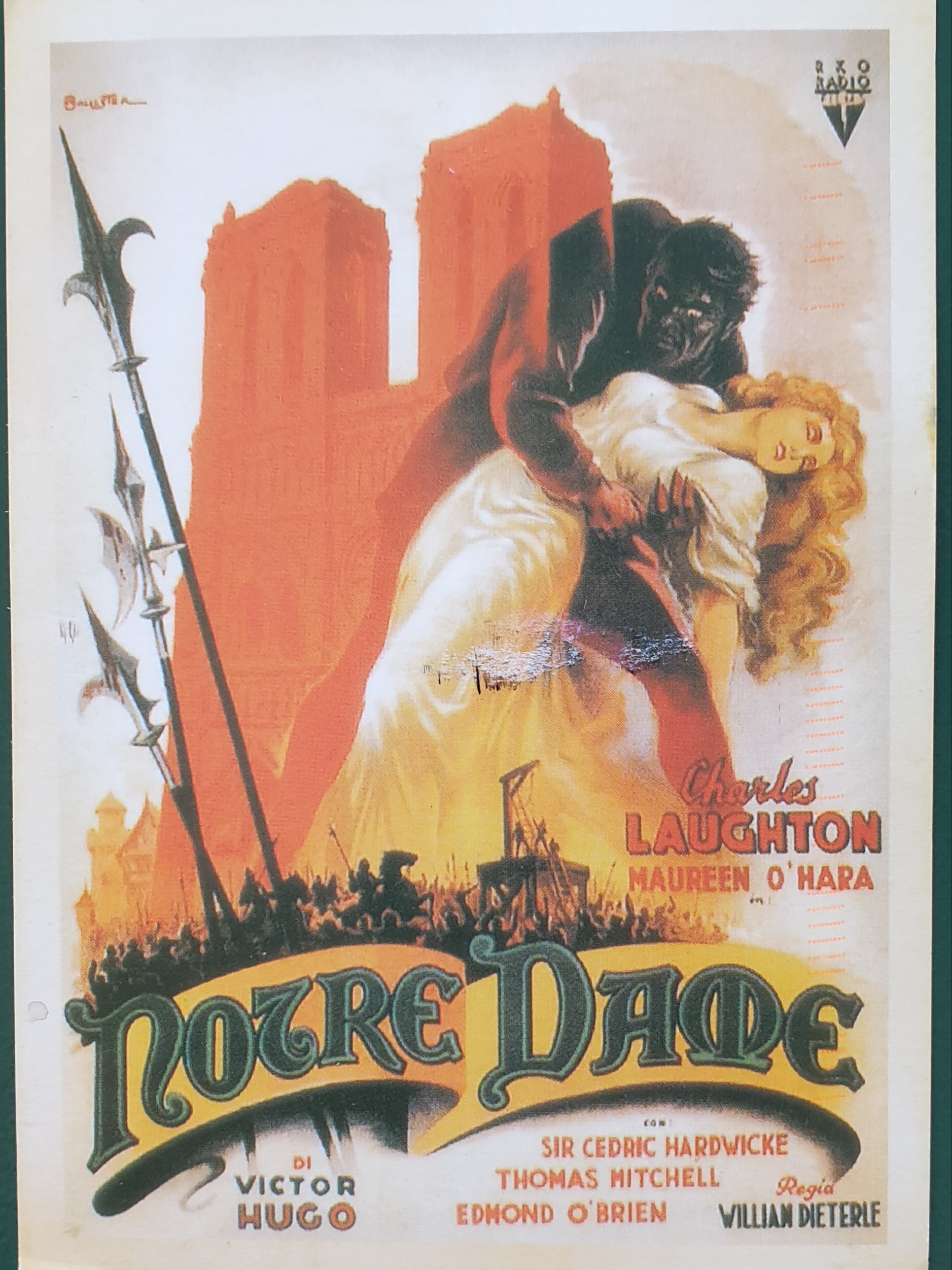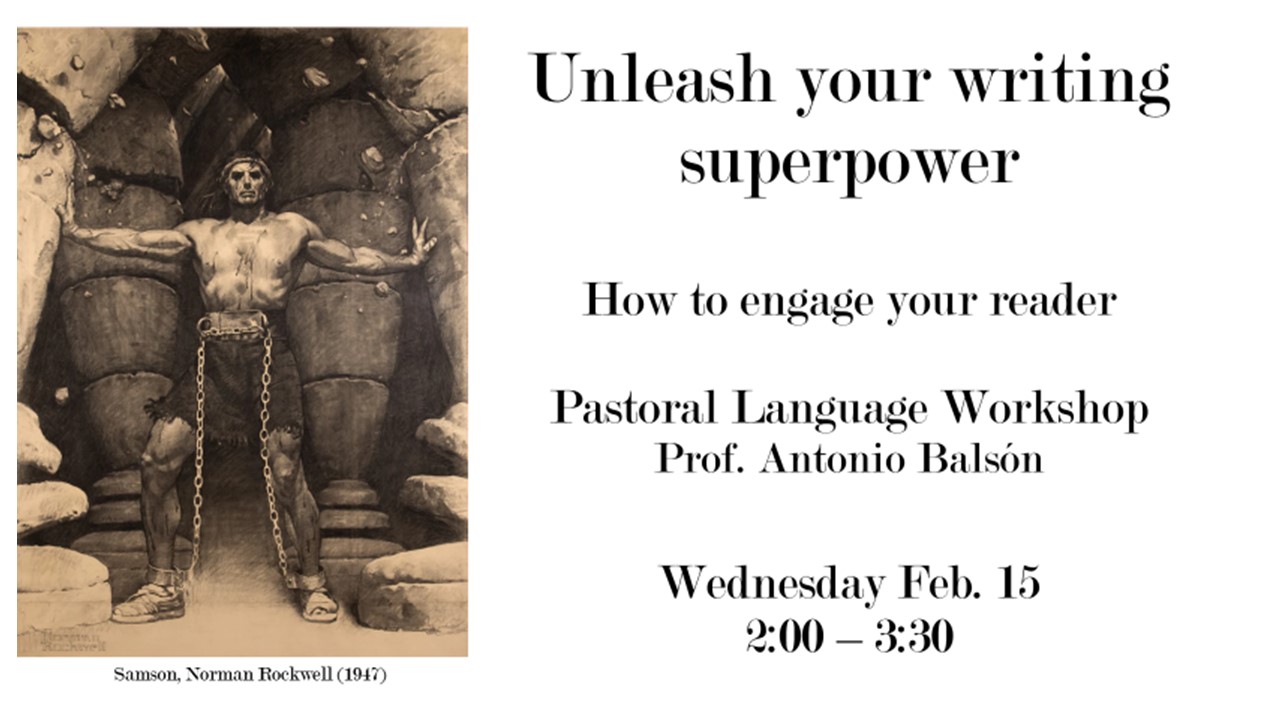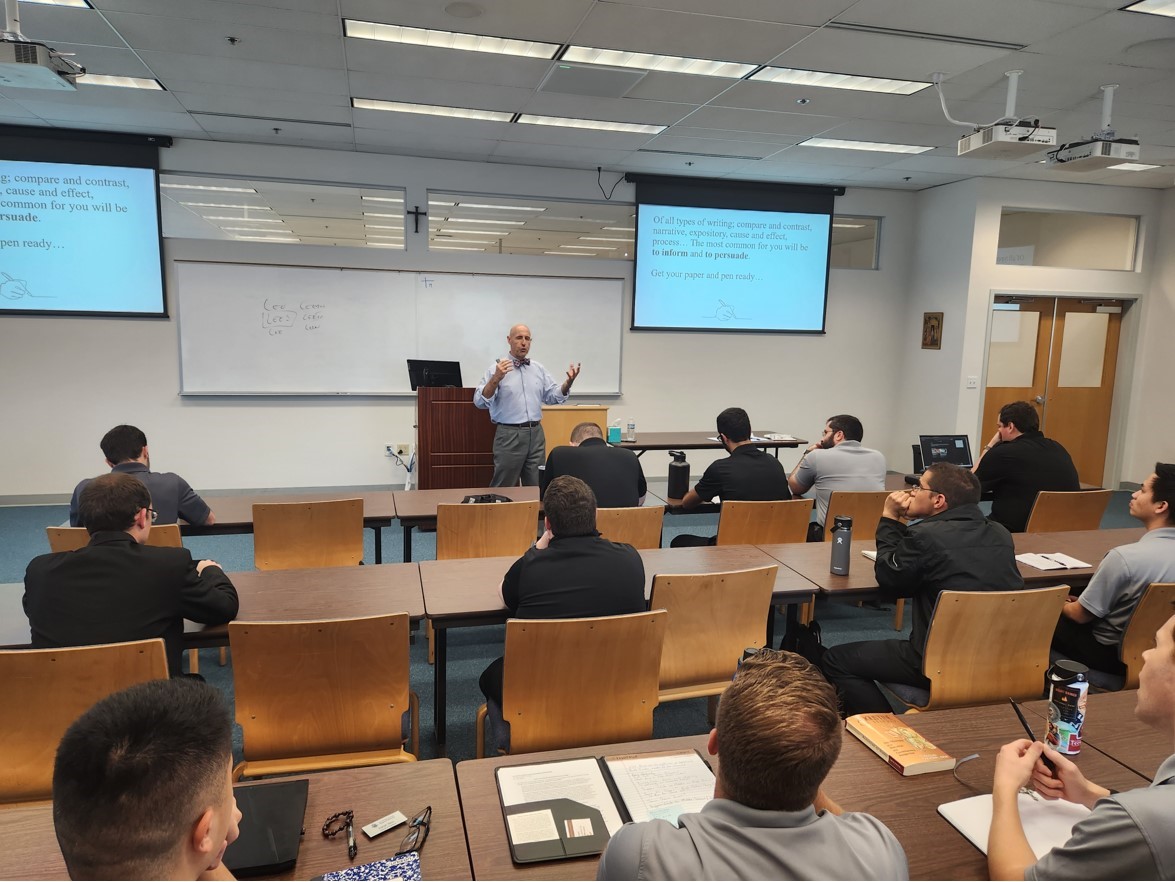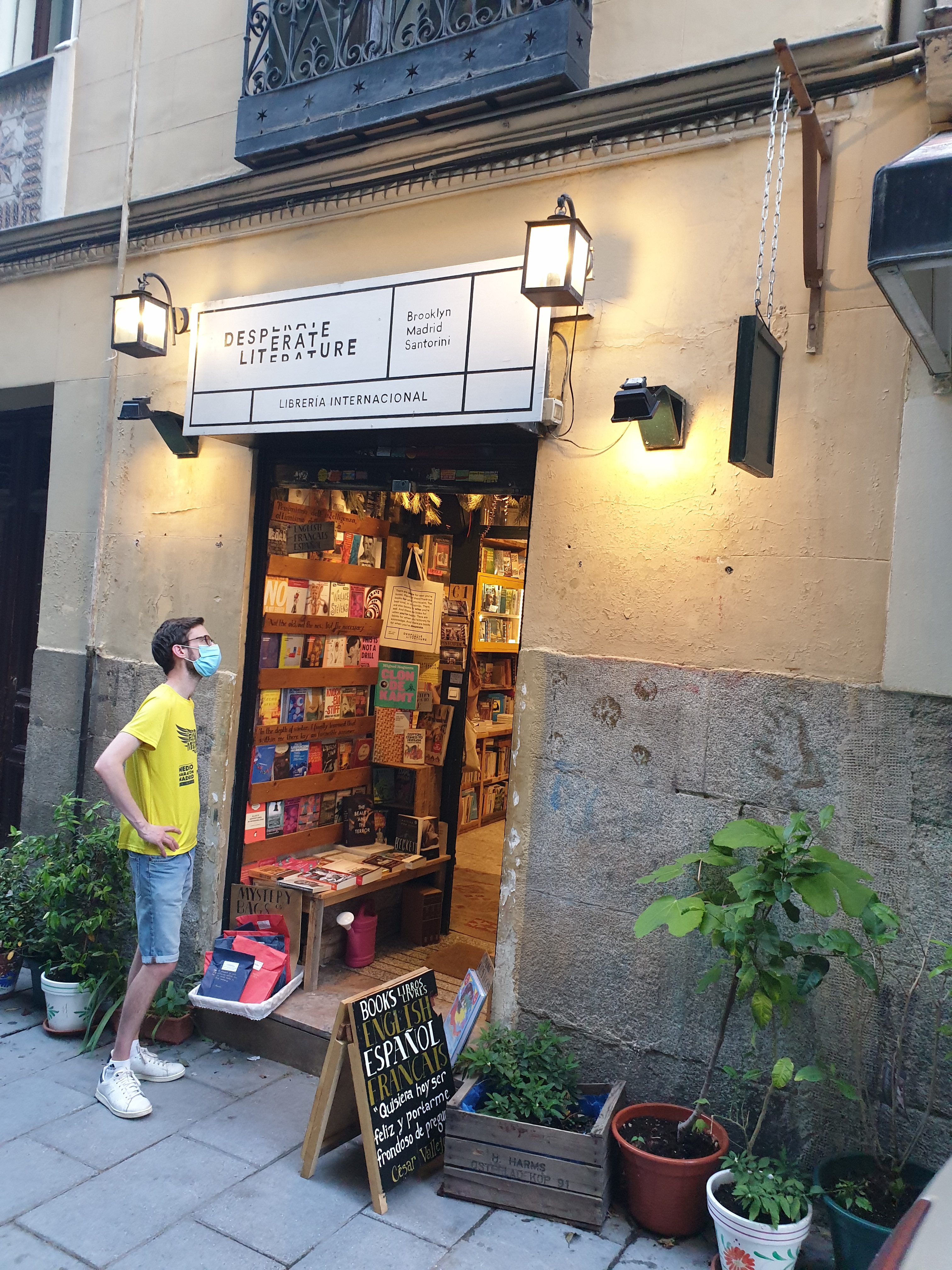Finding a job has been a fairly lengthy and tedious process, so I will break it up into two parts: Applying for university teaching positions, and Part II, looking for secondary school jobs.
Applying for that endangered species, the elusive, under paid, tenure track, university teaching job is quite a silly process, one basically has to start in the fall of your last year as a student. Although this is not entirely true, as we shall see… I was all geared up to join the ranks of the job seekers in August when the first question popped up: How many academic articles have you published? And where? Well, I did try to publish one a couple of years ago, in the fairly respected Boletín de la Biblioteca de Menéndez Pelayo. It was rejected, and I decided to move on and focus on my dissertation, which I deemed far more important than publishing anything. As usual, I was wrong. Tenure track university positions are so scarce nowadays that it is totally a buyers’ market, they get to set the rules. Also basically all universities are strapped for cash which is, as we shall see another crucial factor. So what one has published and where becomes a key deciding factor, who cares how good you might be as a teacher.
You see, years ago, I think it was my old Bentley College Dean and dear friend and mentor Bob Minetti explained to me how you have the big research focused universities and the “student centered” or “teaching centered” universities. This made perfect sense to me and it is what I have assumed as true ever since. Being passionate about teaching I figured these would be the schools I would apply to, that might value more my worth as a teacher than as a publishing machine. Now, with the cash crunch and oversupply of applicants, universities basically want candidates that have already published top articles in top journals, this is what will bring prestige, and thus money to their institutions. So do not believe the “student centered” or “teaching centered” spiel. That might have been years ago, they still preach that concept, but believe me, it looks like they could care less.
Besides the article business they want to see a Statement of Teaching Philosophy, a Research Statement, mock syllabi, etc. This is just a smoke screen, a distraction from what they really want. I am confident that if you have an earth shattering Teaching Philosophy Statement, and the best crafted (mock) syllabus, unless you have published at least one article in a respected, peer reviewed journal, you are nothing. They do not care about your teaching, if they do, it is not their priority. Which brings us to the fallacy of the teacher/scholar. Universities like to boast of their teacher/scholars. It is a very rare occurrence in nature to find a leading scholar who likes to spend hours, days in libraries, reading, writing – a rather lonesome job – I can guarantee you, who also loves to be in the classroom teaching and sharing what they are learning in their research, this requires a very different skill set and personality from the research oriented person. One is really either a teacher or a scholar, with maybe one in a hundred having both characteristics. My graduate school experience both at Simmons College (a small liberal arts school) and at UNC (a top research university) prove this point. So, to summarize, if you are looking to work in higher education, you have to ask yourself: am I a researcher or a teacher? Which is basically the ancient Greek saying from the Oracle at Delphi: “Know thyself”.
Going back to the academic journal issue. Basically the academic journal is nothing but the ID card for a club. One has always needed an ID to get into a club. Now, this is my theory: originally the universities taught in Latin. This was what set the educated from the masses. If you wanted in, you had to master Latin, sure, this was a lingua franca, but it was also a proof of membership, of how bright one was. Latin started losing its grip as early as the 13th C.[1] Eventually universities had to switch to the vernacular – and they are still smarting about that. So now you have to gain access by writing a long article, full of big words that you might not necessarily need, quoting second rate theorists like Lacan or Bakhtin. Remember that this is all my conspiracy theory, but then, why did Galileo Galilei publish his Dialogue for the general public and not for the cognoscenti? Ditto Albert Einstein who chose to publish his last thoughts on General Relativity in a “small journal after spurning the peer-reviewed process at a better-known journal, the Physical Review. To an editor at the Review: ‘I see no reason to address the erroneous comments of your anonymous expert’”.[2] In no way am I comparing myself to Galileo, Einstein, or Groucho Marx when he said: “I do not want to belong to any club that will accept people like me as a member”.[3]
Sorry about my rant. Now, back to my job search. Teaching two classes, writing my dissertation, preparing my job search materials, I wrote another article. At least I could say in my CV: “article submitted to…” (it eventually got rejected by an “anonymous expert” as Einstein would say).
Basically all university Spanish teaching jobs go through the Modern Language Association (MLA) job database. This year there were well over 200 different Spanish teaching jobs in the US. Most of those were for visiting professors, meaning you get a one year contract, non tenure track jobs, meaning you are “hired help” and treated as such, or for the “trendy” subjects, the ‘in vogue” topics. Of all those, there was only one posting for an 18th and 19th C Spanish Literature specialist. It was at Wake Forest, a perfectly good university. They sent me a nice email in December saying they were going to call me for an interview and another very nice email in April telling me they had chosen a candidate. I also applied to a more “generalist” position at Gettysburg College (yes, that Gettysburg) only to receive a three line email that they had hired someone. All in all, I guess my heart was not into teaching at a university, and it showed. But I still had to “tick the box”.
This process led me to learn a few fascinating bits: I am a passionate teacher, I want to teach, to share, I love learning – from my students – not from some pompous punk that thinks they are the last Pepsi bottle in the desert because they got an article published. Universities are hiring very bright young things that might be good researchers and writers, but might not have a clue how to engage a room full of curious, sceptic students. Second: I do not want to be a member of that club, I would rather teach at a secondary school as I did in Boston before getting my PhD.
So I asked myself: At the end of a day teaching, would I rather go read an academic journal full of big words quoting Lacan and Bakhtin, or would I rather go coach soccer, tennis or fencing? The answer for me was clear, and that leads me to part II of this tirade.
[1] Paul F. Grendler. The Universities of the Italian Renaissance. Baltimore: JHU Press, 2002.
[2] Popular Science, November 2015
[3] Telegram to the Friar’s Club of Beverly Hills to which he belonged, as recounted in Groucho and Me, Da Capo, 1959, p. 321.

Discussing job strategies with my Dissertation Director, the one and only Irene Gómez Castellano in Valencia with horchata and fartons.



